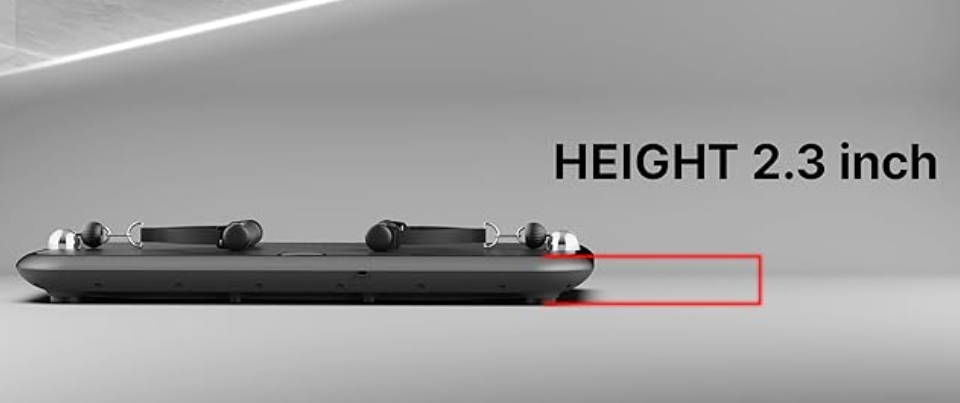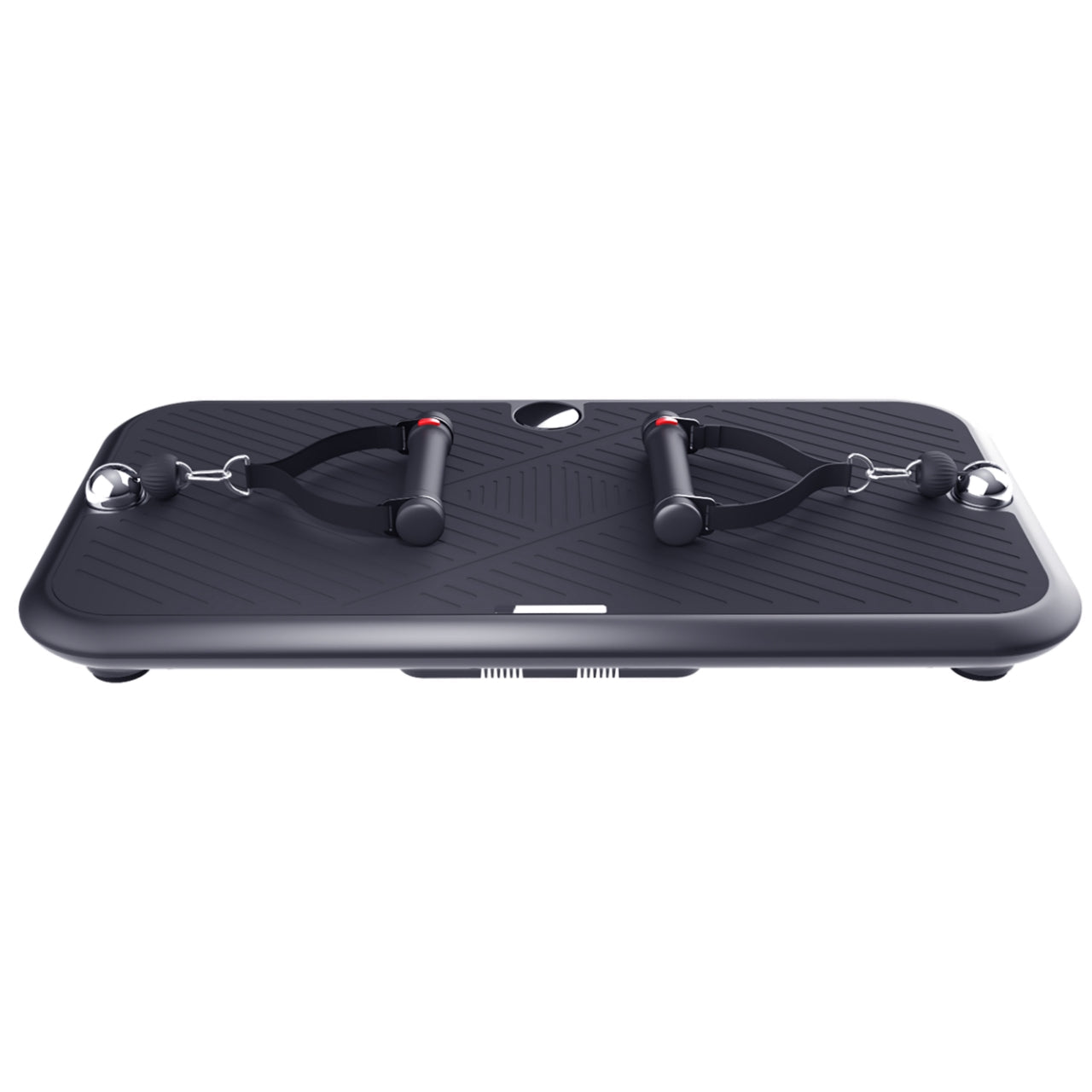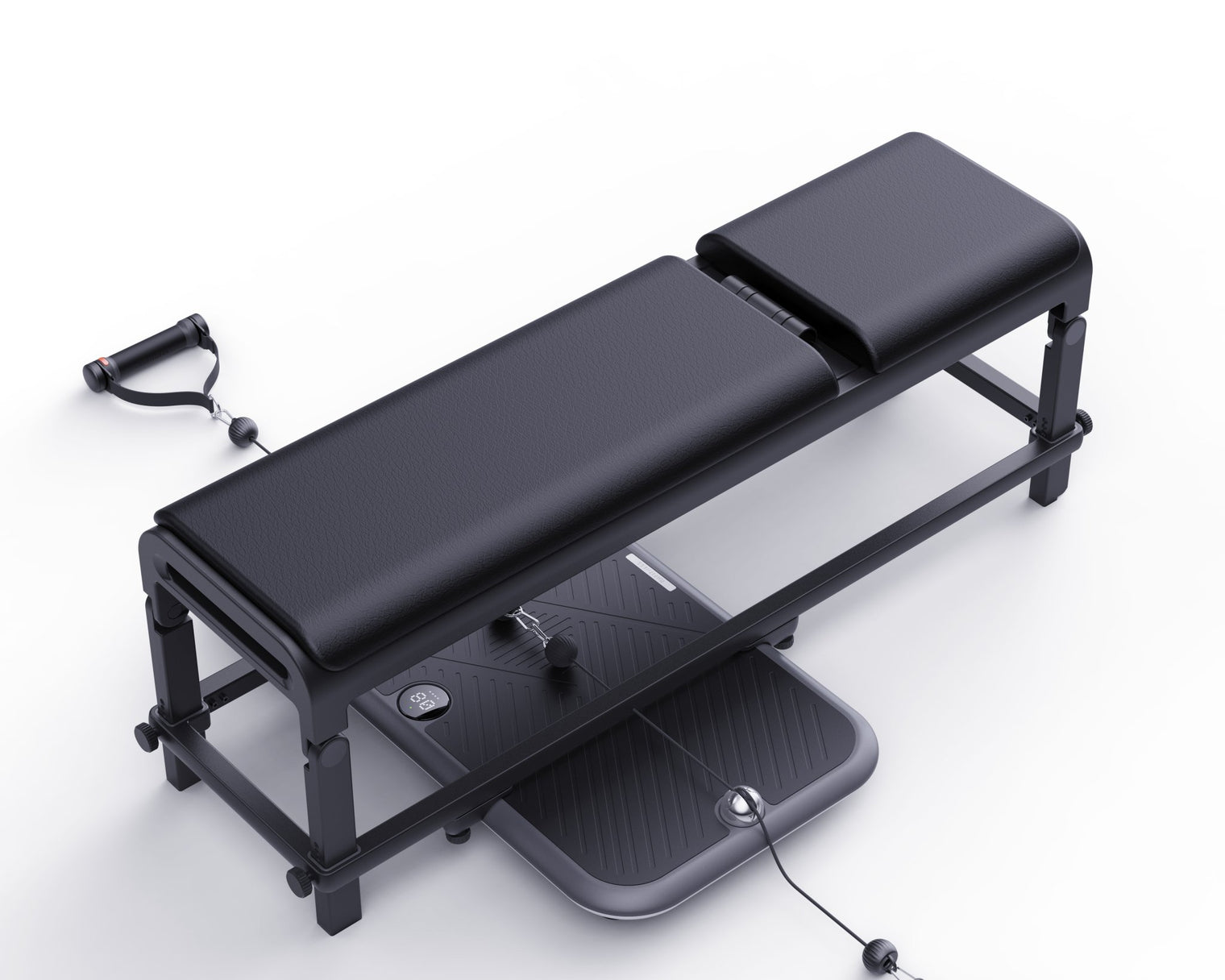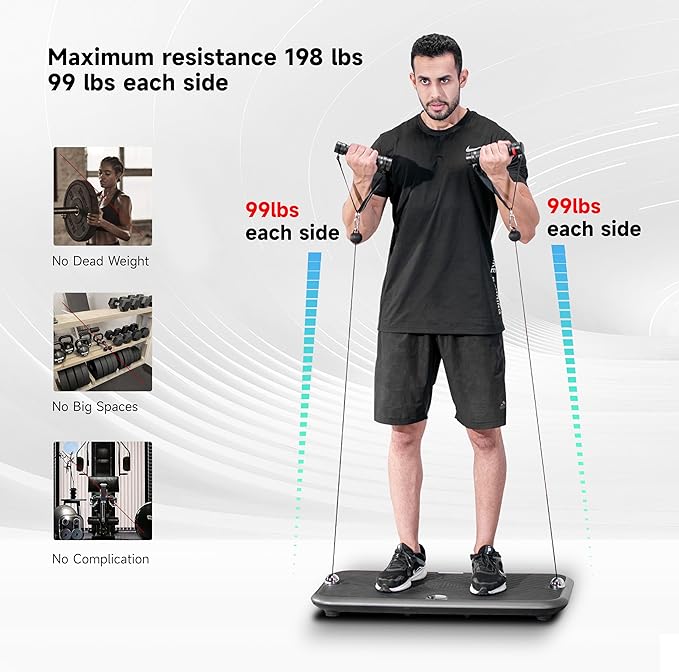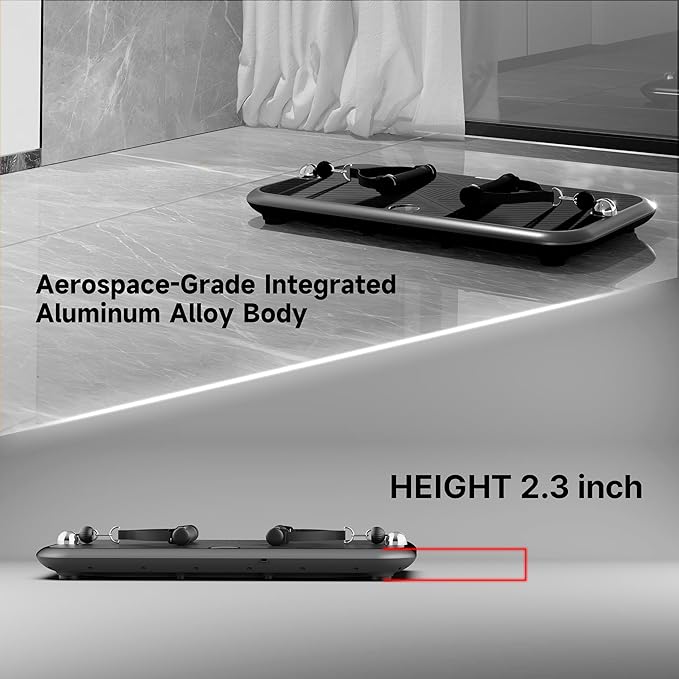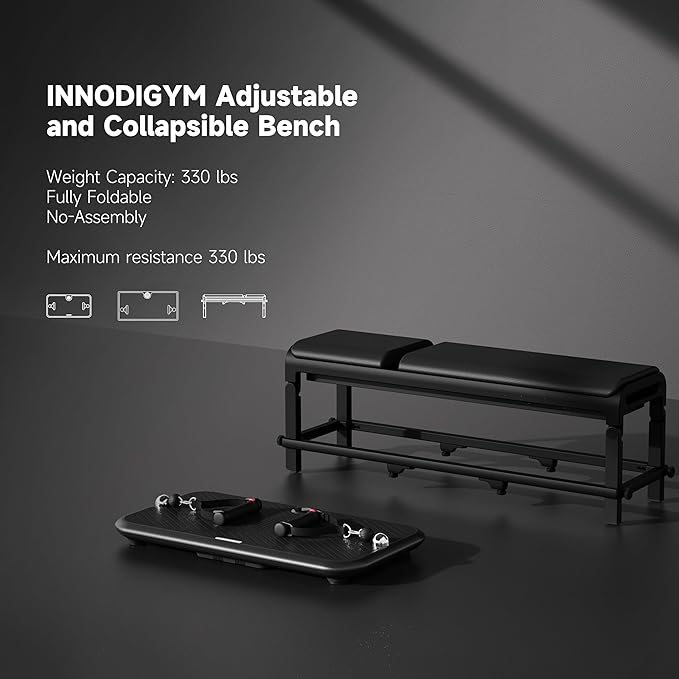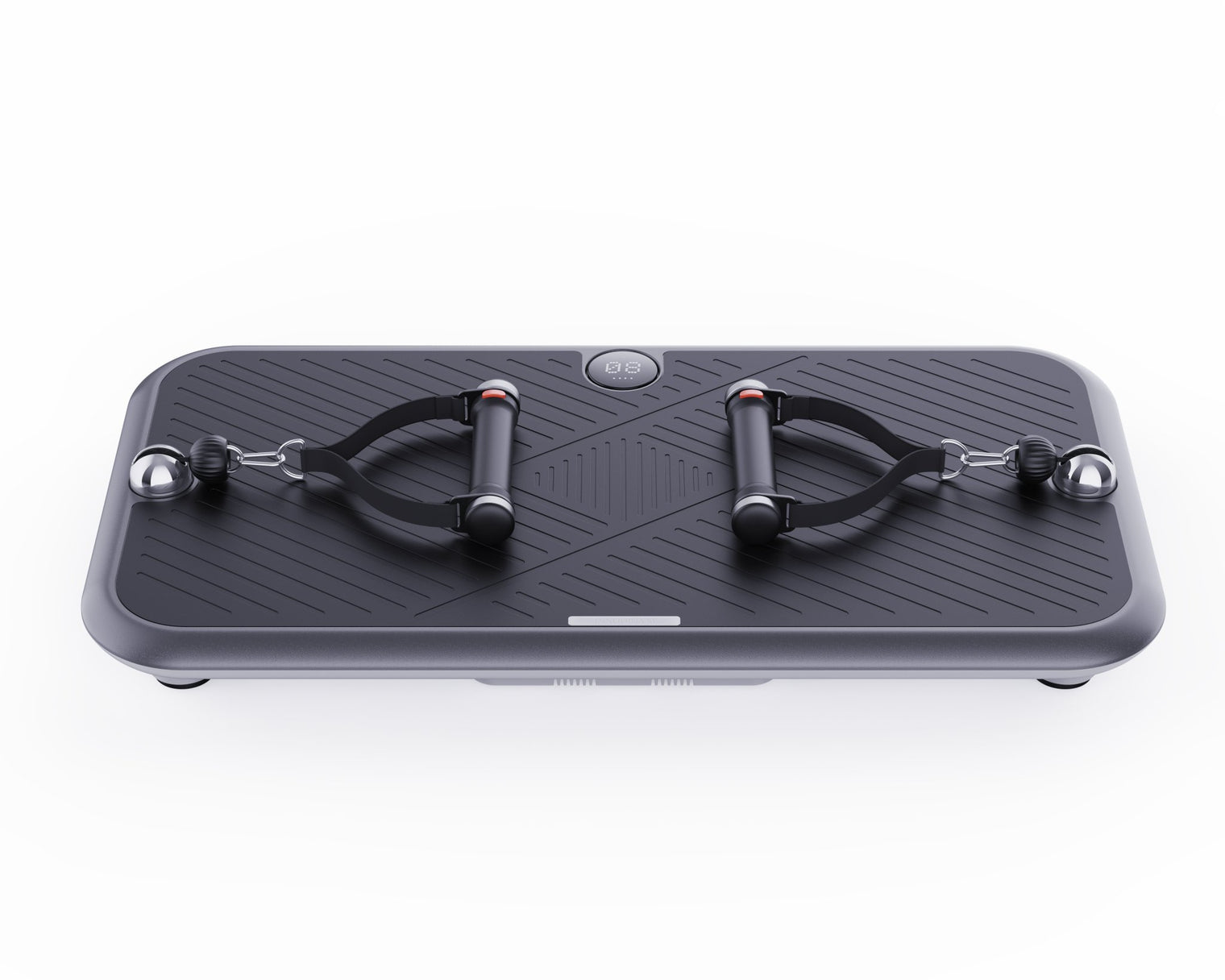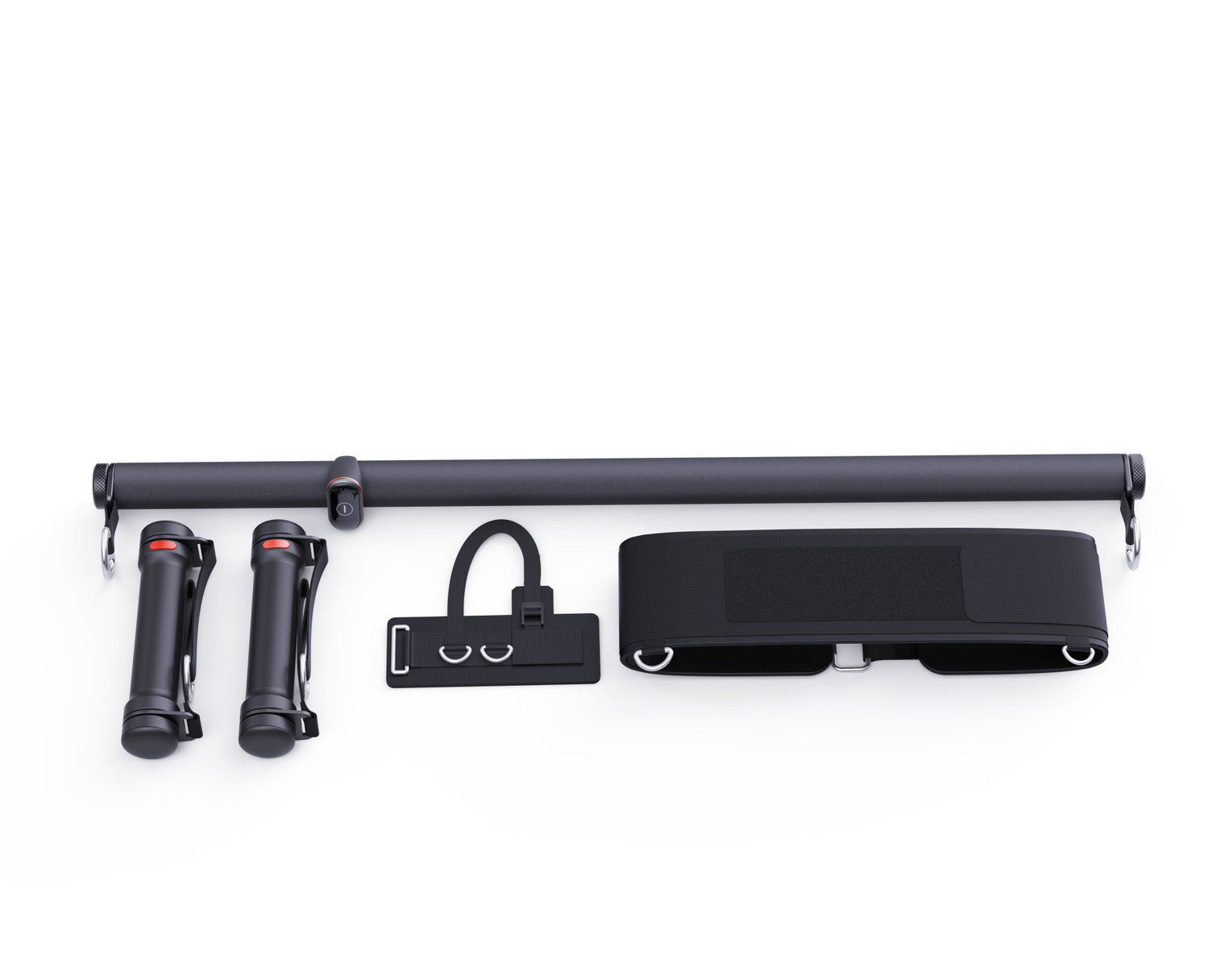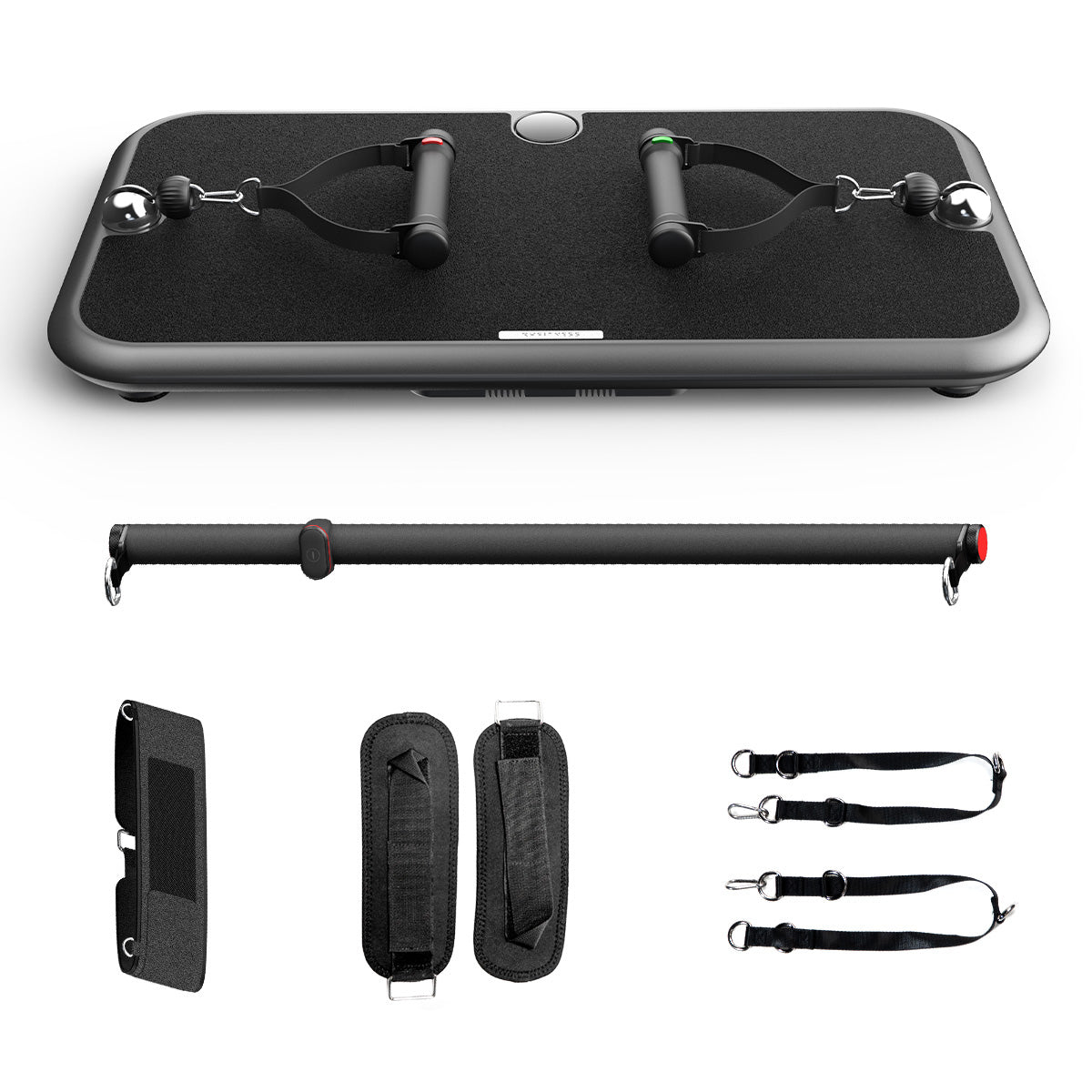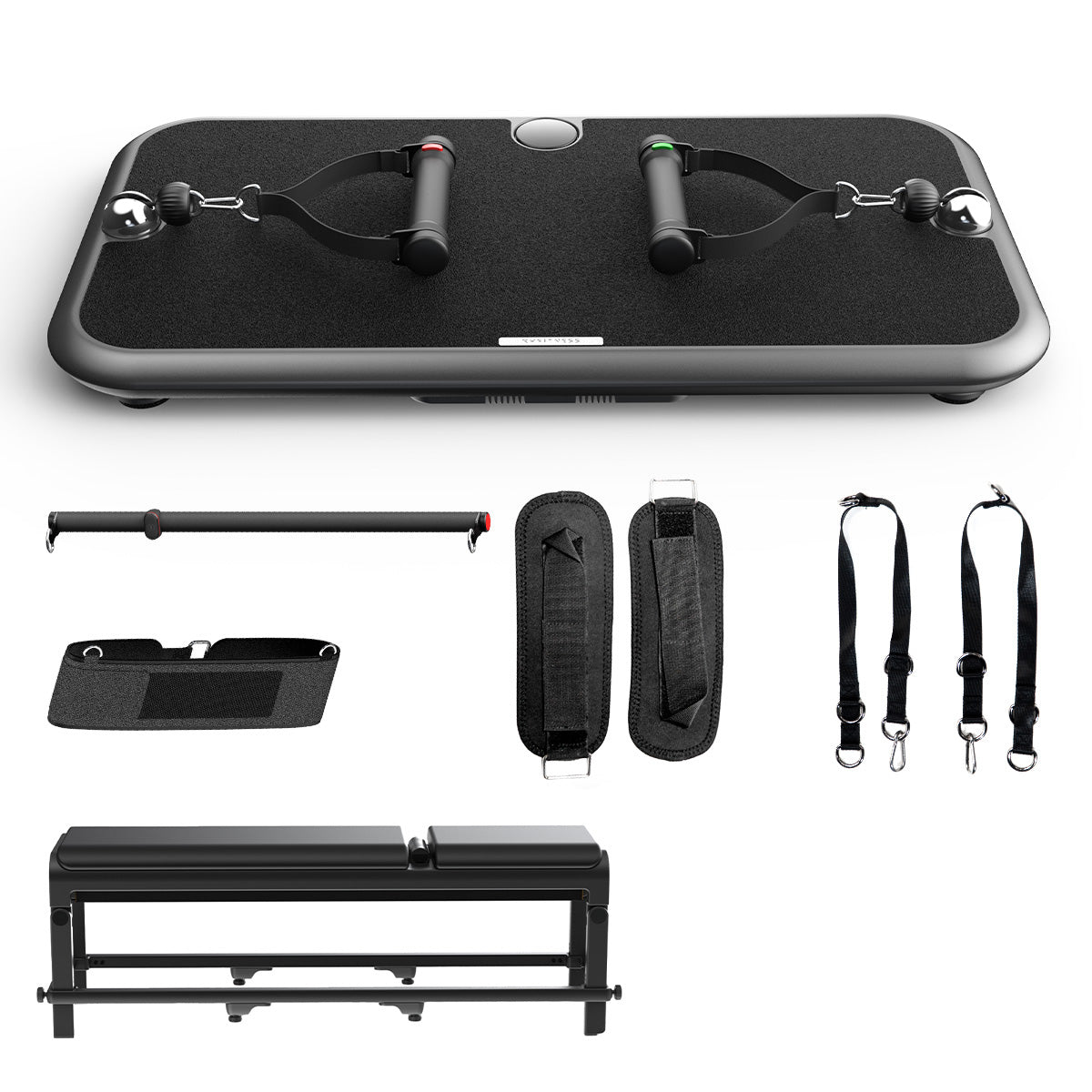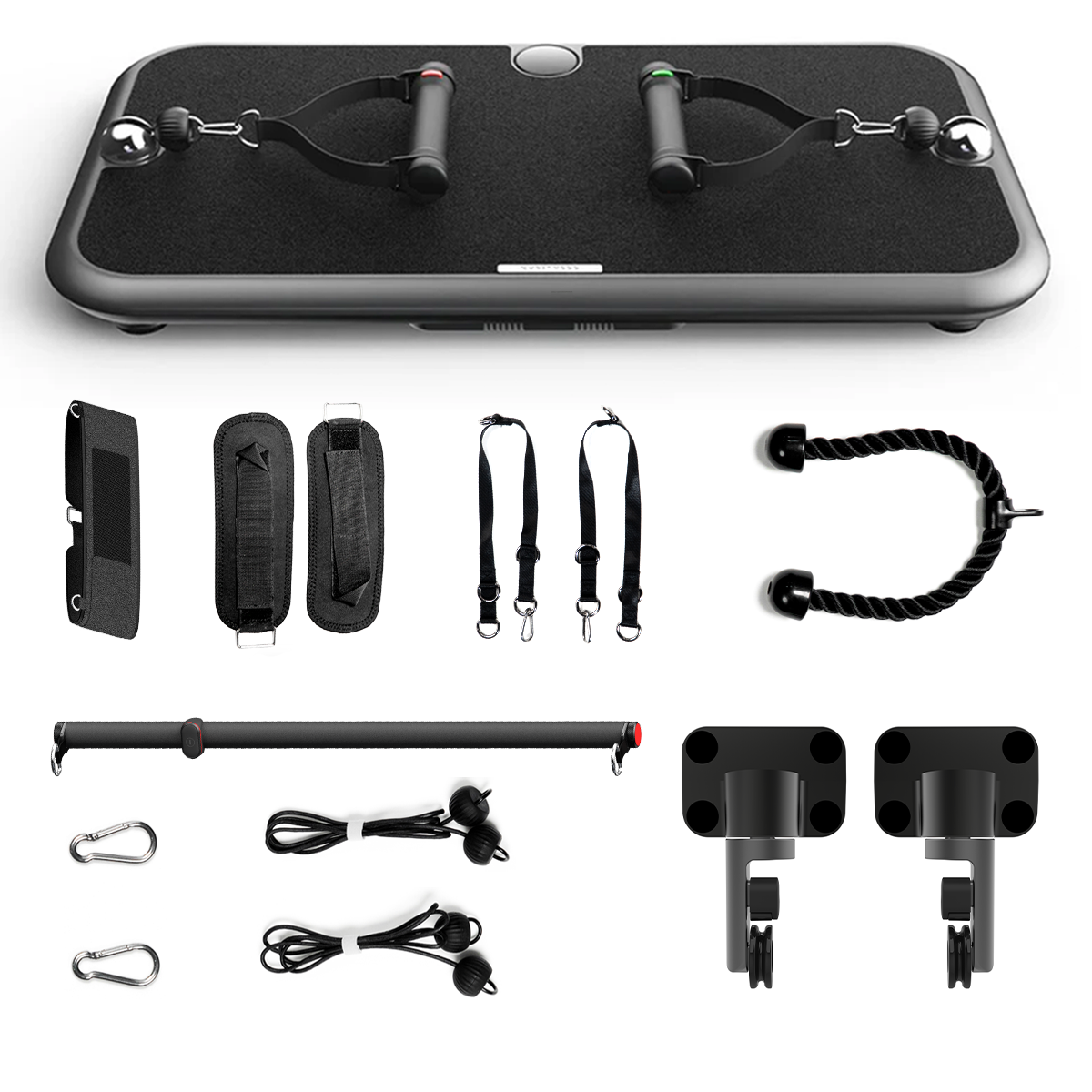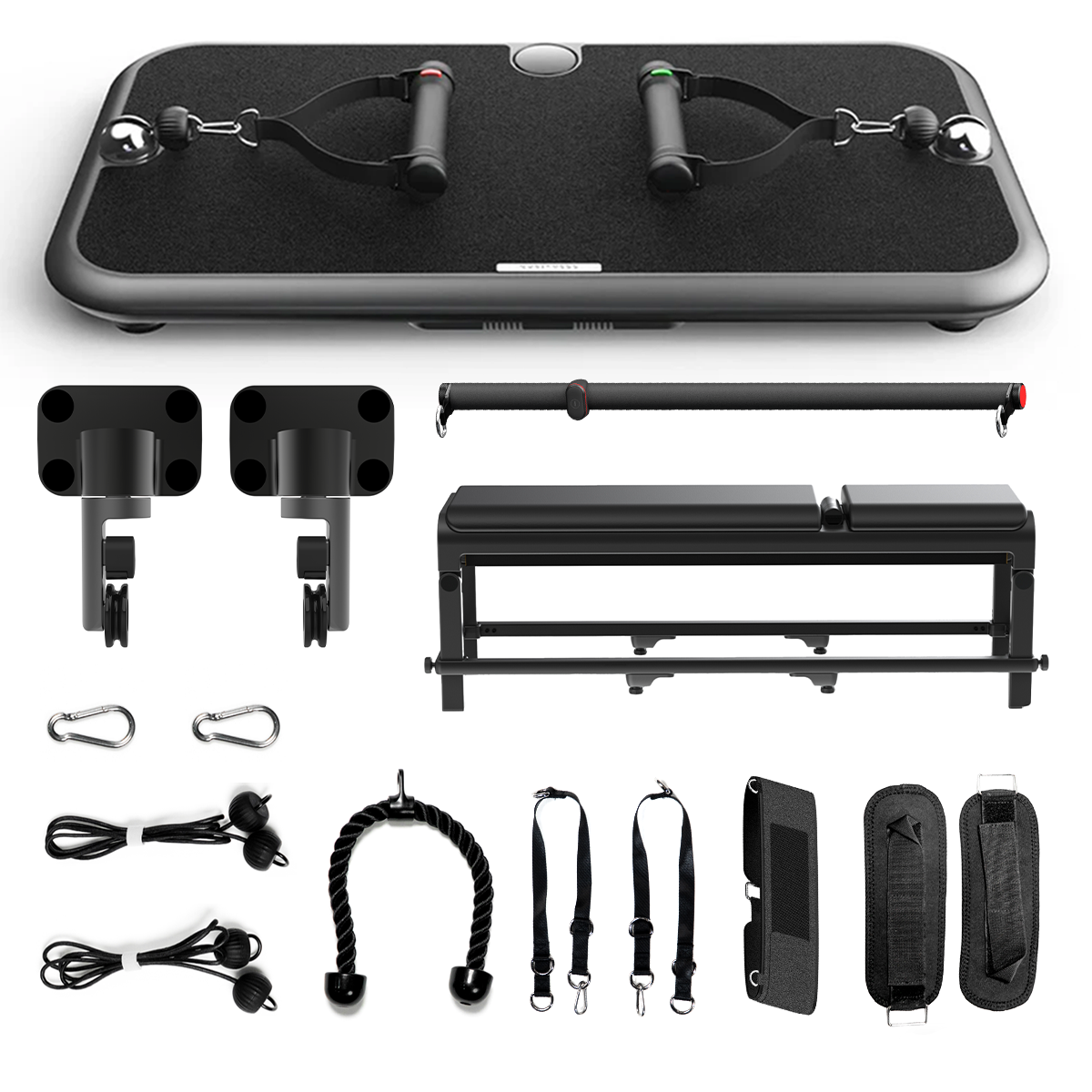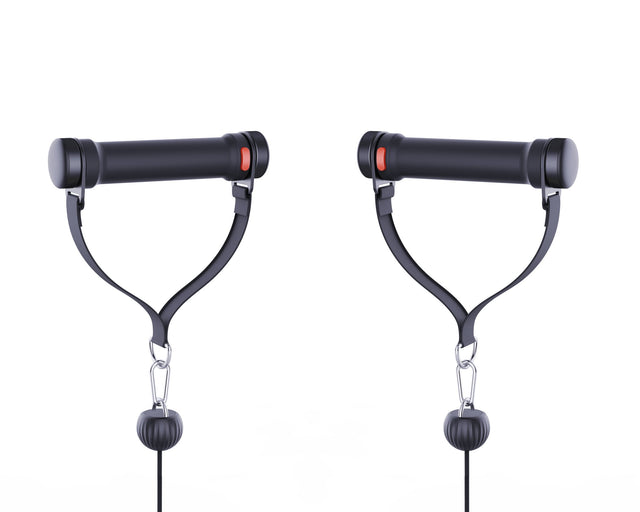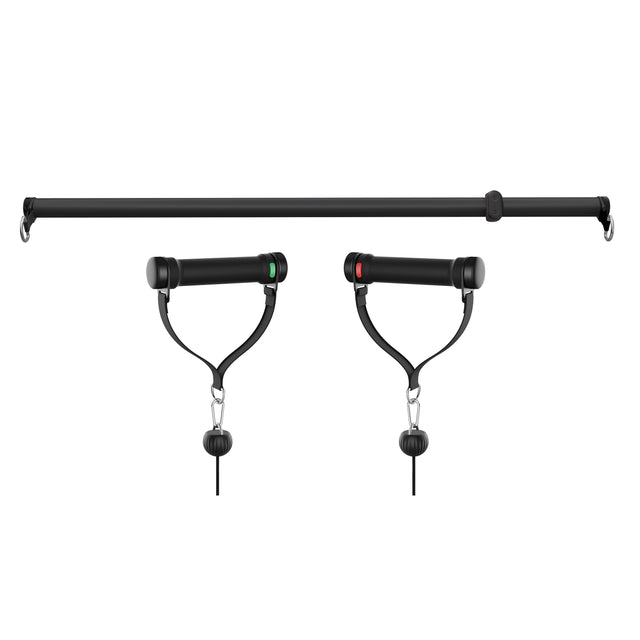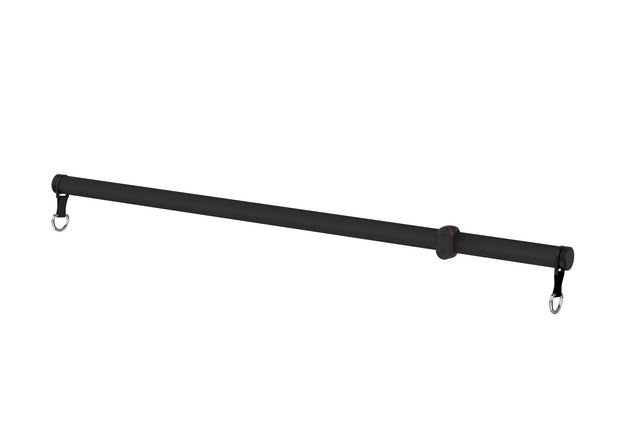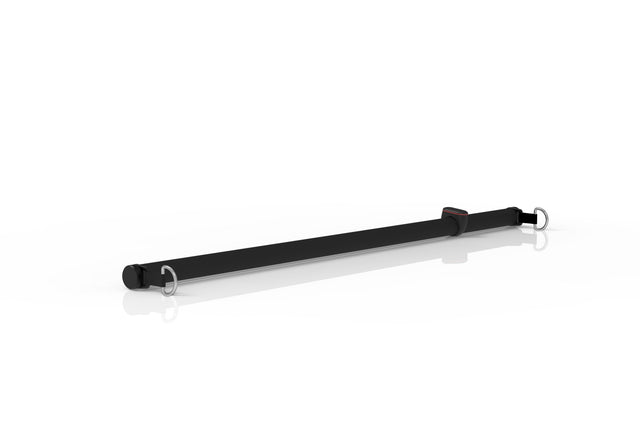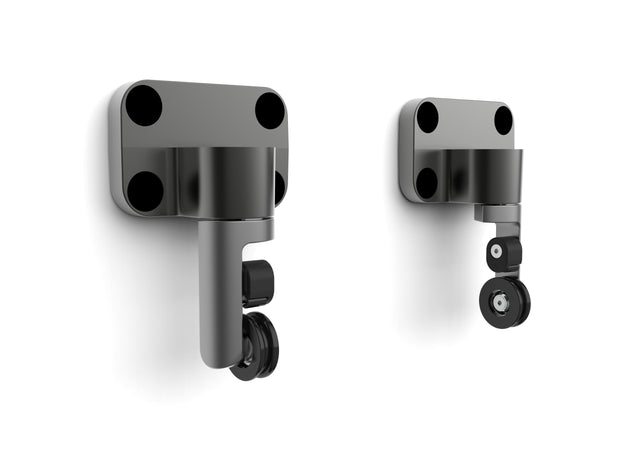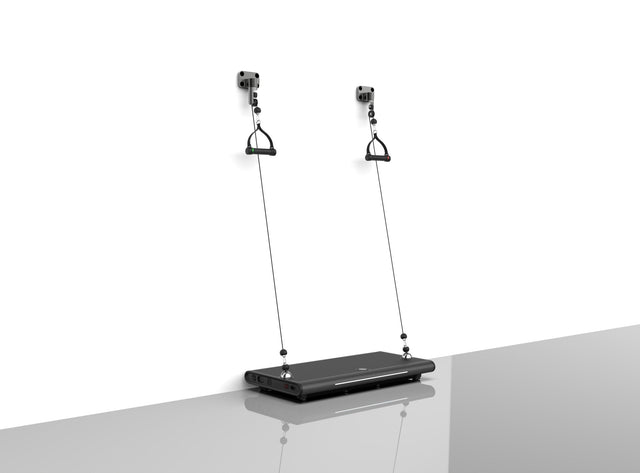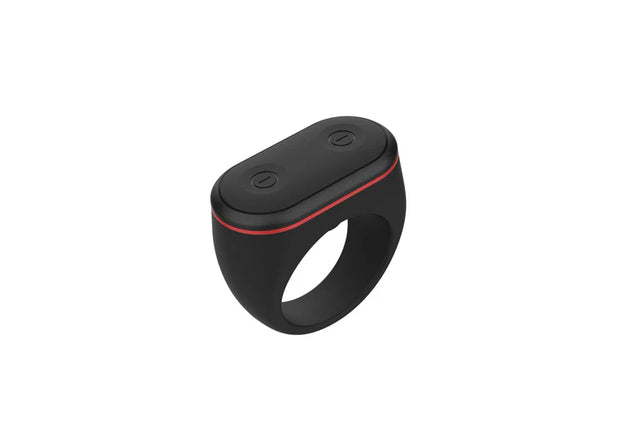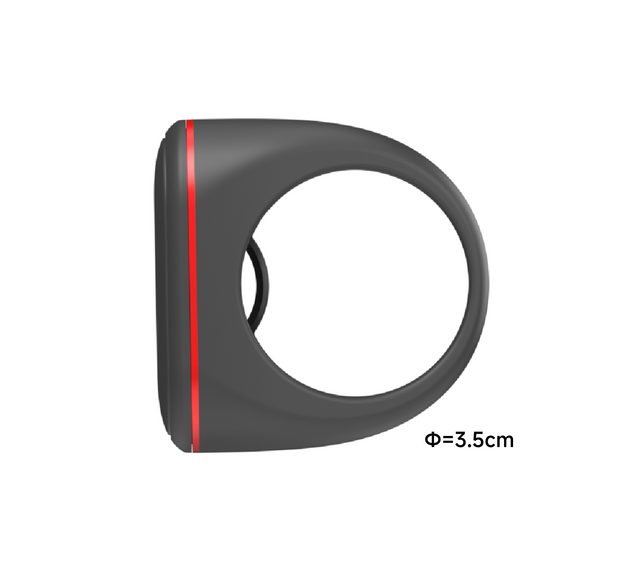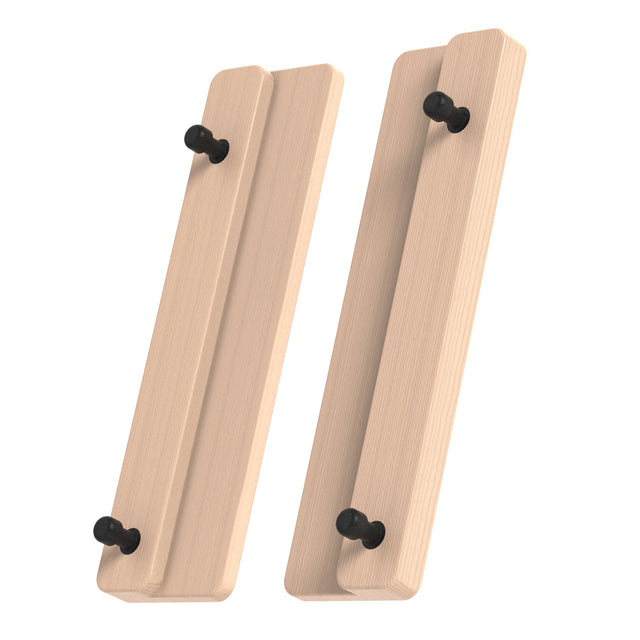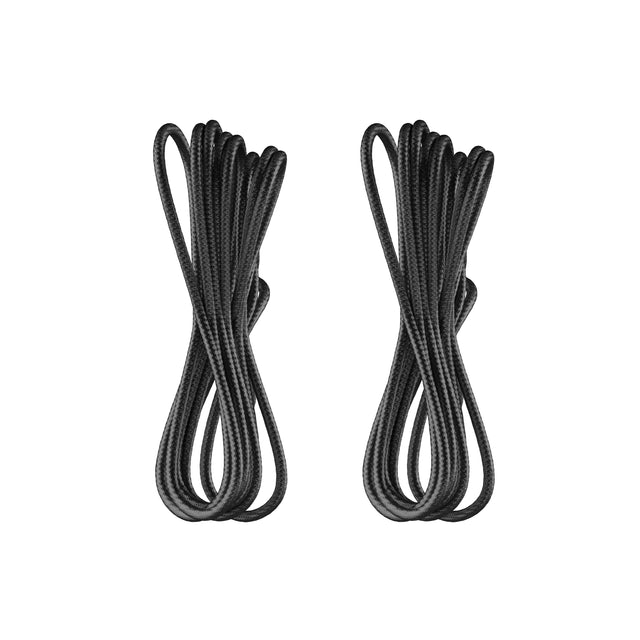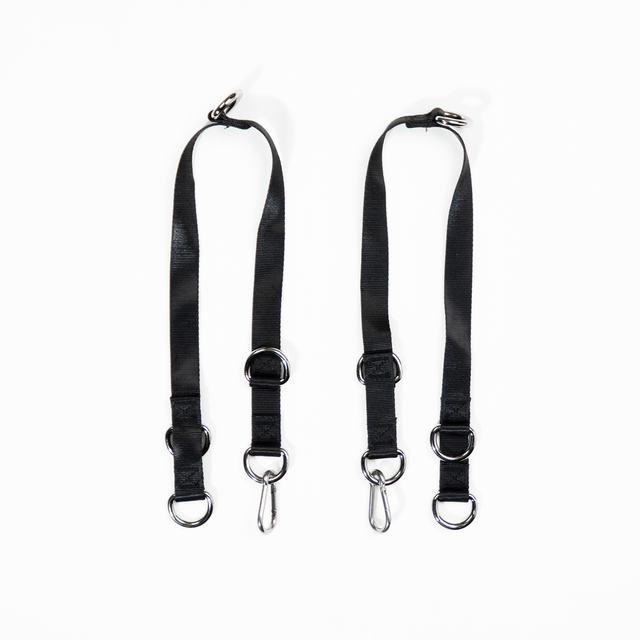When setting up your home gym, it’s essential to consider your fitness goals and the space available. Here are some versatile equipment options that can be tailored to a variety of workouts:
-
Adjustable Dumbbells
Dumbbells are a cornerstone of any home gym, offering flexibility for a wide range of exercises. Adjustable dumbbells allow you to modify the weight without taking up too much space, making them perfect for small gym setups. -
Treadmills and Cardio Machines
Cardio equipment, such as a treadmill or stationary bike, is a great addition for endurance training and weight loss. Many modern treadmills come with features like heart rate monitoring, incline settings, and pre-programmed workouts. -
Resistance Bands
For strength training, resistance bands provide a space-saving, cost-effective solution. They offer varying levels of resistance, making them ideal for both beginners and advanced users. -
Yoga Mats and Stretching Tools
A good-quality yoga mat is essential for stretching, yoga, Pilates, or bodyweight exercises. Foam rollers, massage balls, and resistance bands can also be added to help with flexibility and muscle recovery. -
Multi-Functional Home Gym Machines
For those who want to replicate a full gym experience, a multi-functional machine allows you to perform various exercises—such as squats, bench presses, pull-ups, and lat pulldowns—all from one unit. These machines are space-efficient and provide a full-body workout.
Creating a Workout Plan for Your Home Gym
To make the most of your home gym, it’s important to follow a structured workout routine that targets different areas of the body. Here’s a balanced weekly workout plan to consider:
-
Day 1 – Full Body Strength Training
Incorporate squats, lunges, deadlifts, push-ups, and rows using dumbbells or resistance bands. -
Day 2 – Cardio
Spend 30-45 minutes on your treadmill, bike, or elliptical at varying intensities. -
Day 3 – Core and Flexibility
Focus on core exercises like planks, leg raises, and Russian twists, followed by a yoga session for flexibility. -
Day 4 – Upper Body Strength Training
Target muscles in your arms, shoulders, chest, and back with exercises like dumbbell presses, curls, and pull-ups. -
Day 5 – Cardio and HIIT
Mix in high-intensity interval training (HIIT) on your cardio machine, alternating between sprints and recovery periods. -
Day 6 – Lower Body Strength Training
Focus on leg workouts like squats, lunges, deadlifts, and step-ups, using your home gym’s free weights or resistance bands. -
Day 7 – Rest or Active Recovery
Use this day for light stretching, yoga, or a leisurely walk to help your muscles recover.
- 198 lbs of adjustable digital strength
- 4 different resistance modes: Standard, Eccentric, Chain, Speed
- 2.3 Inch Incredibly Ultra-Thin
- Smart APP (INNODIGYM APP) & 100+ Free Instructions
- Safety Button
- Stereo Speakers
- Tons of Accessories
- We will provide products matched to the voltage in each country.

